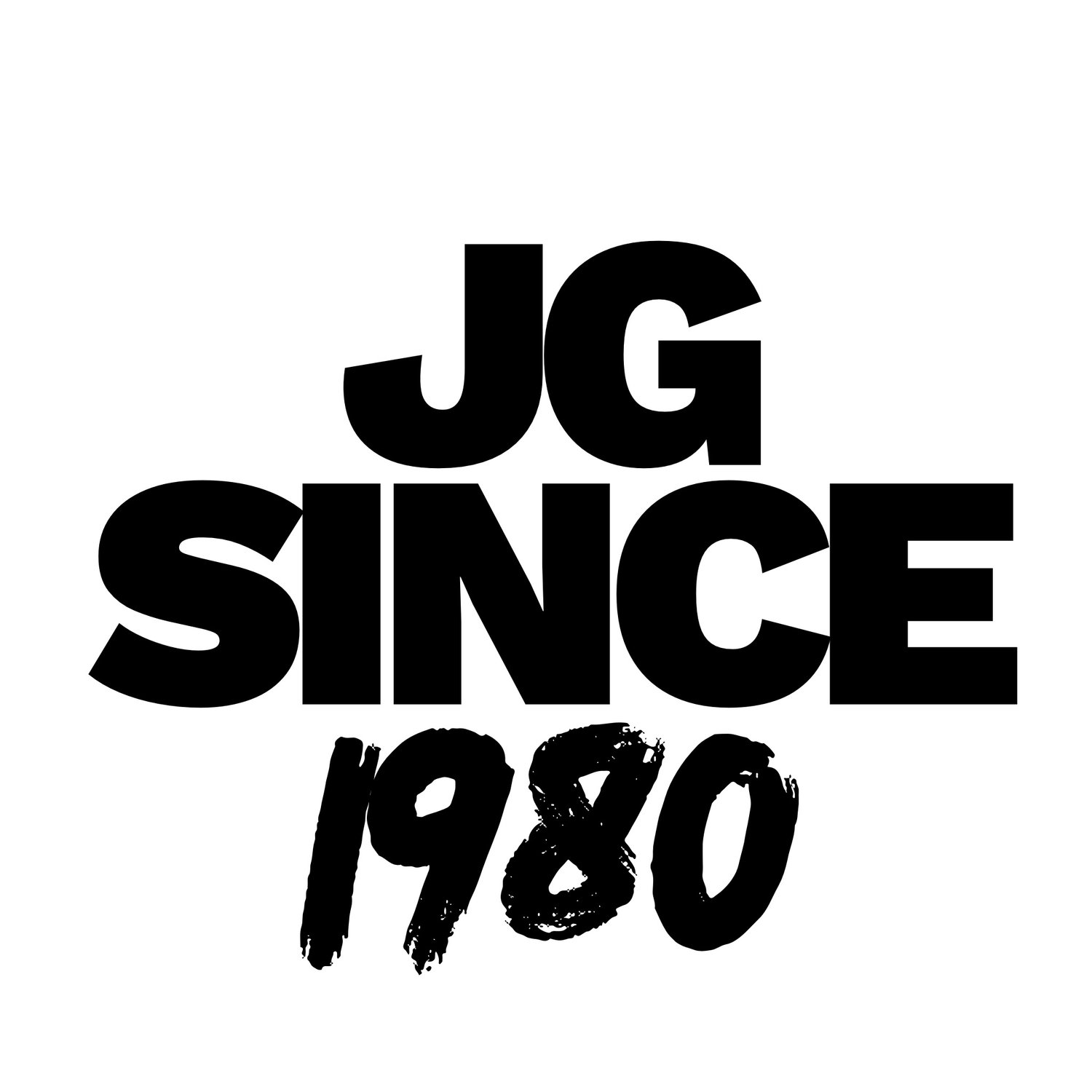The Future of Work: Rethinking How We Produce, Distribute, Consume, and Manage Our Daily Lives
We call it work.
The things we do to sustain our lives, but that don’t fall under rest, play, or leisure. Work is often labeled “professional,” while our other pursuits are boxed into the category of “personal.” From this distinction, we design and manage our lives balancing the professional with the personal. This pursuit of balance, however, is not just individual. It scales upward, forming the very fabric of our communities, economies, and global systems.
And yet, there’s something deeply problematic about this way of thinking. If the purpose of life is simply to live, then shouldn’t we begin with a much more basic question: What does it take to live well?
At the most fundamental level, we need to:
• Nourish our bodies
• Move our bodies
• Rest our bodies
Everything else: production, distribution, consumption, management, and economic systems are built on top of these simple needs. The challenge, of course, is that how we nourish, move, and rest varies widely across individuals and communities. From there, we layer on endless wants, technologies, and systems, stacking complexities upon complexities. Since the dawn of humanity, we’ve created a labyrinth of possibilities and problems.
Artificial Intelligence and the End of the Old Economy
Allow me to be direct: As the inventor of artificial intelligence, as someone deeply familiar with its design and capabilities, let me be clear about what is coming. AI will not merely optimize or automate existing systems. It will collapse them.
Artificial intelligence is accelerating us toward:
A cashless, post-currency era (where even cryptocurrencies prove unsustainable)
A post-smart contract economy (before those contracts ever become mainstream)
A post-trade, post-barter society
AI will guide us toward a reality beyond scarcity, where not even knowledge itself holds the kind of wealth and leverage it once did. What exactly this will look like, I cannot definitively say. But I do know this: it demands that we all stop and think—deeply—about how we want to live when the old scaffolding of “work” and “economy” falls away.
The Climate Crisis Is an Economic Crisis
Let’s be honest. The so-called climate crisis is the direct result of the unhealthy unsustainable global economy described above. We have built our systems on a flawed economic model, one that extracts more than it replenishes, rewards consumption over sustainability, and treats nature as a ledger to be exploited. And yet, we cling to it and its various models as if it’s the best system in the world.
The development and deployment of artificial intelligence is, in many ways, the ultimate doctoral seminar in economics. It is going to teach humanity—whether we’re ready or not—that our old definitions of value, trade, and wealth cannot hold in the future that is unfolding.
There will only be one outcome.🥇😉
Rethinking Work, Rethinking Life
The future of work is not just about jobs, industries, or even economies. It’s about rethinking the very act of living. How we produce, consume, and sustain ourselves and our communities. AI is going to force us to answer the following question:
How do we want to live when scarcity no longer defines us?
This is not just a technological revolution. It is a philosophical one.
And the time to wrestle with this questions isn’t tomorrow. It’s always now.
Copyright © 2025 Jameel Gordon - All Rights Reserved.

